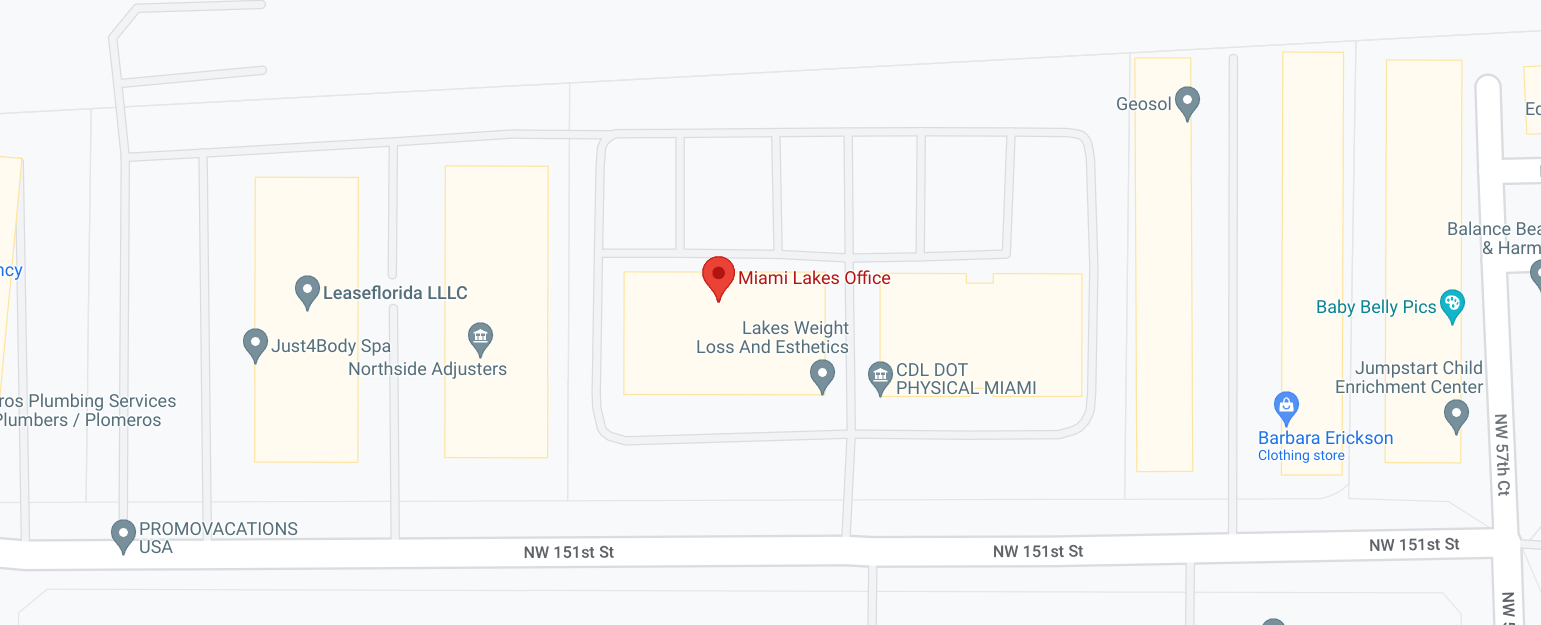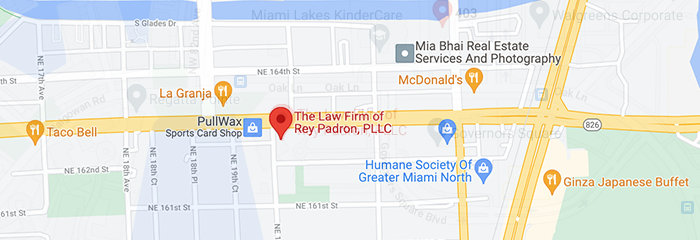Every year, millions of tourists visit Florida to explore its beautiful beaches or soak in its vibrant nightlife. Unfortunately, the excitement, rush, and unfamiliarity with the roads and traffic laws make out-of-state drivers vulnerable to car collisions. If you find yourself at the other end of this unfortunate incident, knowing what you can do about your case and how to protect your legal rights is crucial. One of the most commonly debated aspects about car accidents with out-of-state drivers is jurisdiction. This guide has all the information you need to navigate this situation efficiently.
What is Jurisdiction, and Why is It Important?
Jurisdiction refers to the power assigned to a particular court over a given case. Determining jurisdiction is one of the foundational concepts established early on in the case because you want to ensure that the appropriate court handles the case based on geography and subject matter.
Whether you are dealing with a personal injury lawsuit due to a car accident or a criminal case, jurisdiction ensures that the proper authority hears and rules on the case.
Determining jurisdiction is essential to determining which court has the authority to hear a case. It is also crucial in preserving the legal rights of all parties involved, even the at-fault driver. All parties have the right to a fair trial, and if the case is filed in the court with the wrong jurisdiction, they may not get the proper hearing. In addition, there is a risk that the case will be dismissed.
Choosing a proper jurisdiction for the case also ensures parity, with no unfair advantage for one party over another. This system is designed to be fair and just, ensuring that all parties can present their case equally.
How Does Jurisdiction Work in Cross-Legal Cases?
Jurisdiction for car accidents involving out-of-state drivers is one example of cross-legal cases. For instance, a driver from Georgia visits Miami as a tourist and is involved in a car accident while there. Questions will arise whether Florida or Georgia has jurisdiction over the case based on where the accident occurred and where the driver is from.
Similarly, if a Florida resident is involved in a car accident while on a road trip in Georgia, the question of jurisdiction would also arise.
Specific rules will help determine jurisdiction, and you need an experienced car accident lawyer in Miami to navigate these rules. Long-arm statutes and minimum contact doctrines will help establish jurisdiction over a case.
Personal Jurisdiction
Florida laws can exercise personal jurisdiction over a case involving out-of-state drivers during a car accident in Miami. The premise behind this jurisdiction claim is that the accident occurred within the state borders.
Florida laws state that driving within the state, such as in Miami, means that out-of-state drivers consent to being a subject of its jurisdiction. Drivers who acknowledge this by driving within the state surrender jurisdiction to the court of Florida. In this case, an out-of-state driver can face a lawsuit in Florida if they cause damage and personal injury in a car accident.
Even if the at-fault, out-of-state driver returns home, they will still be subject to legal proceedings in Florida.
Subject Matter Jurisdiction
Another type of jurisdiction that you must understand when dealing with out-of-state drivers in a Florida car accident is called subject matter jurisdiction. While personal jurisdiction means that the Florida court has jurisdiction over an individual (the out-of-state driver), this one refers to the court’s authority in handling and hearing the case.
Subject matter jurisdiction authorizes Florida courts to hear the case. For cases involving claims up to $50,000, the case will be handled in a county court. Cases involving claims over $50,000 will be handled in a circuit court.
Therefore, the subject matter jurisdiction means that even if the at-fault driver is out of state, the Florida court has jurisdiction as long as the accident occurred in Miami and the plaintiff files for damages under Florida law.
Managing Comparative Negligence and Insurance
Florida law observes the modified comparative negligence system in determining fault for car accidents. This law applies even to out-of-state drivers. The system acknowledges that fault for a car accident can be shared among the two (or more) parties, although the percentage of fault will be determined.
Out-of-state drivers are subject to the comparative negligence system while driving in the state. Therefore, the Florida court will use police reports, evidence, and eyewitness accounts to calculate each driver’s percentage of fault. This negligence rule will determine the drivers’ insurance compensation and ability to recover damages.
Florida’s Long-Arm Statute for Car Accidents
The long-arm statute is another concept that all drivers must know about Florida traffic laws. This legal tool enables courts to exercise jurisdiction over an out-of-state individual involved in a car accident in Miami. The long-arm statute allows Florida courts to reach out and hold accountable out-of-state drivers who cause accidents within the state.
This means that even if out-of-state drivers have returned home, they will still face accountability for their actions while in the state. This statute ensures that victims of a car accident involving out-of-state drivers can recover damages and file lawsuits against the other driver if needed. They do not need to file that lawsuit in the other driver’s state court; instead, they can do that in the Florida courts.
And since Florida has a comparative negligence system, you can still pursue damages for a car accident, even if you are partly to blame. As long as you are not responsible by 50% or more, you can seek compensation from the other driver. It is especially important if your personal injury protection (PIP) coverage is insufficient for your damages or injuries resulting from the car accident.
Should I Hire a Lawyer for Car Accidents Involving Out-of-State Drivers?
Hiring a car accident lawyer in Miami for car accidents with out-of-state drivers is not just a wise legal decision, it’s a crucial one. There are many legal complexities and terminologies that you must understand and navigate. Without a legal expert providing guidance, you will be easily overwhelmed. A legal expert knows the Florida traffic laws extensively and can use their knowledge to inform you on the best legal actions against the other party, especially in establishing jurisdiction over the case.
Need help with a complex car accident case in Miami? Learn how a Miami car accident lawyer can protect your rights.












